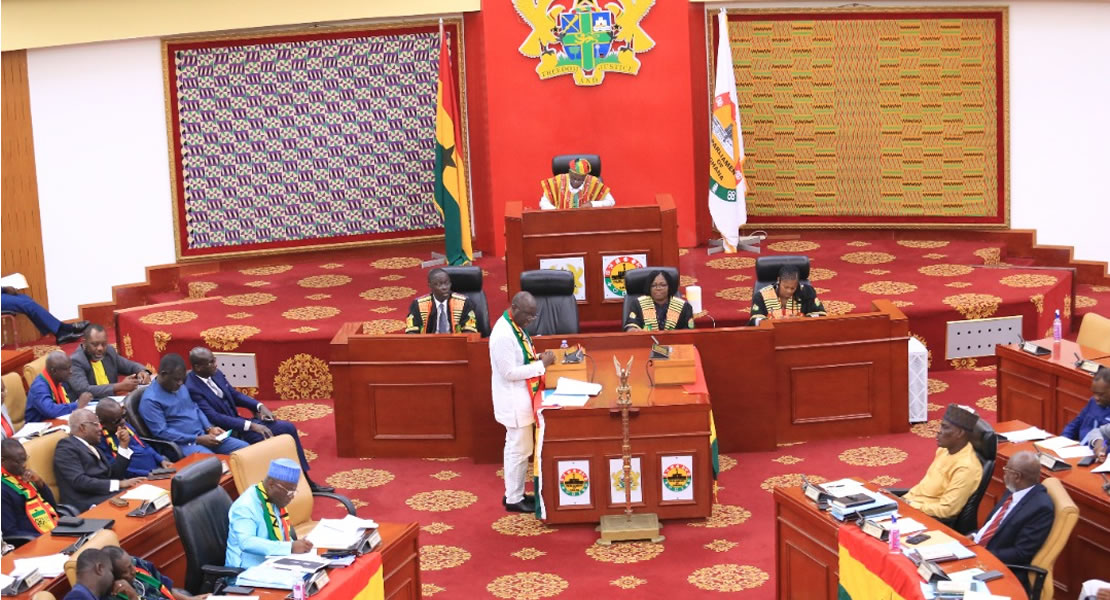
Parliament of Ghana has amended the Electronic Transfer Levy (E-Levy) Act 2022 to reduce the rate from the original 1.5 percent to 1 percent on Transfers.
Not only has this been done but the Minority in Parliament also forced the Government to back down on its decision as contained in the budget statement presented to the House by the Finance Minister, Ken Ofori-Atta to remove the threshold and charge the E-Levy on all mobile money transactions, no matter the amount.
Government in its quest to institute measures to increase revenue proposed a reduction from the 1.5 percent to 1 percent on Electronic transactions.
This should have been good news; but another measure to remove the 100 cedis threshold caused some discontent among the citizenry.
Soon after the budget statement presentation, the Minority minced no words in expressing their displeasure at the removal of the threshold even though it welcomed the reduction in the rate, and served notice that they would fight the removal of the threshold among other tax proposals.
It was therefore not surprising the turn of events which led to government going back on its intended proposal.
The Minority has also achieved another feat as they forced the government to abandon a clause in the proposed law that sought to make the provision of tax clearance certificate a prerequisite driver’s license.
They assert that such laws if allowed to come into force would rather impoverish the already overburdened citizens.
The members of the Minority contend that the Ghana Revenue Authority (GRA) does not have offices in most of the places as such it would only put additional financial cost for people to travel particularly to regional capitals to have their task certificates, or hire the services of accountants to prepare their accounts for them.
Ghanamps.com